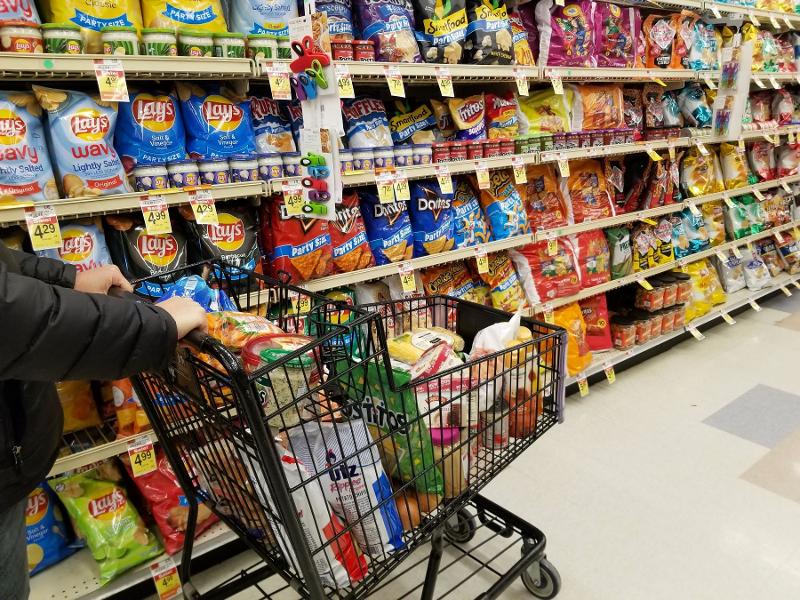

Nearly everyone taking diabetes drugs like Ozempic, which have also been heralded as weight-loss aids, said they’re spending less money on groceries because their appetites have shrunk.
That’s according to research out this month from data analytics firm Grocery Doppio, which found that 97% of GLP-1 users surveyed cut their grocery spending this year, by an average of 11%.
The categories where people are cutting back are likely to be of particular interest to restaurants:
More than half (52%) reported spending significantly less on snacks and candies, 47% had pared back purchases of prepared baked goods and 28% of those on the medications said they were buying fewer sodas and sugary beverages.
Ring any bells? Some of the fastest-growing restaurant concepts in 2024 are those selling snacks, baked goods and fancy sodas. (We’re looking at you, Crumbl Cookies, Dutch Bros and Swig, among many others.)
Anybody who has been a sentient human for a minute knows that fad diets are nothing new. I recall when low-carb eating was supposed to be the death knell for bakeries and, yet, carbs and gluten remain pretty popular last I checked, though the Atkins Diet and similar plans did dampen sales at chains focused on pasta and sandwiches back in the day.
But interest in this class of drugs, particularly for weight loss, appears to have a farther reach then the diet du jour. Research released in May by health-policy organization KFF found that one in eight adults said they’d taken a GLP-1 medication at some point in their lives, with 6% reporting they were currently on the medication.
So, not a huge number just yet (the drugs are expensive and hard to get), though KFF reported a significant jump in public awareness of the medications over the last year.
On the plus side, some grocery categories appear to be more attractive to those taking Ozempic and its ilk, according to Grocery Doppio. GLP-1 users report spending 27% more on lean proteins, 17% more on healthier snack alternatives, 13% more on whole fruits and vegetables and 7% more on sports and energy drinks.
So, it could be an opportunity—particularly for fast-casual concepts that already have a health halo—to play up those lean proteins and whole foods. Or it might be an excuse to offer some pared-down serving sizes to better suit those reduced appetites. (I’m not taking Ozempic but am a fan of Dairy Queen’s mini-sized Blizzards, for example.)
Maybe this all will become a big nothing burger. Or maybe, a decade or two from now, we’ll see whole restaurant concepts dedicated to Ozempic users, with menus of tiny-sized entrees.
Members help make our journalism possible. Become a Restaurant Business member today and unlock exclusive benefits, including unlimited access to all of our content. Sign up here.